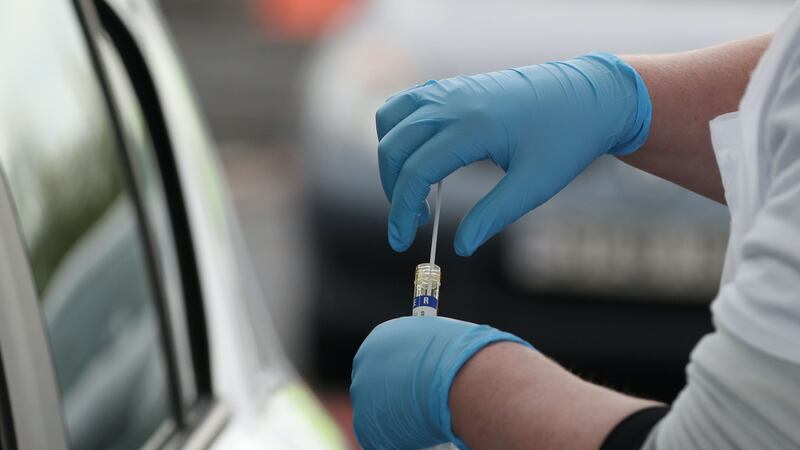I stood in my garden last Thursday afternoon watching an iconic World War Two Spitfire circle low above the local hospital in tribute to our gallant NHS workers.
Such a fragile, moth-like little thing it looked, yet it played a pivotal role in the history of a war ended before I was born.
Ironic that it should be airborne again to honour those fighting a new and pernicious enemy, all the more deadly because it’s invisible. There’s been no precedent for this pandemic since the Spanish flu in 1918, which carried off my aunt Nora who died on Christmas Day aged seventeen, in a village where almost every family lost at least one member. This on the heels of the First World War which wiped out nearly a whole generation of young men.
Crisis brings out the best – and worst – in people. On one hand, those willing to make personal sacrifice for the greater good; on the other, those peevishly complaining of sanctions upsetting the even tenor of their days and the inconvenience of it all and, of course the hardcore, maskless, unsanitised deniers, still encountered in every corner shop, heedless of their own or others’ safety.
The situation isn’t helped by our political masters instigation of protective measures thought up ‘on the hoof’ in response to rapidly changing circumstances, which confuse, irritate or alienate the public because of their deleterious effect on business, trade, travel, employment and leisure.
Most mortifying sight of last week was screen footage of university students partying in the Holyland, blatantly breaking every rule in the book, shaming themselves and letting their parents down. These, ostensibly, are the cream of our academic crop, our brightest and best, future professionals in their fields of study. Impervious to risk or reason, not even the presence of cameras and the likelihood of their families, friends and neighbours watching, restrained them. Never have I sensed the generation gap more keenly.
The egotistical young believe themselves both invincible and immortal, conveniently ignoring the fact they can be symptomless Covid carriers or catch it themselves. They’re not the only culprits. Barely a newscast passes without a feature on the arrogant and self-entitled flouting safety rules with impunity, knowing it’s unlikely there’ll be consequences.
Once there was civic obedience as a matter of course. Now it's a matter of argument, plea-bargaining and negotiation. One almost longs for the vanished era when any adult spotting juvenile misbehaviour took the perpetrator to task and sent them home with a flea in their ear. Then there are the whingers, bleating that their lives are made insupportable by the unavailability of a hairdresser or a cleaning lady. (Must admit I’m with them on both!) It pales into insignificance beside those unfortunates desperate to see a doctor, waiting for a cancer diagnosis, a hip replacement, a cataract operation or dealing with a suddenly-redundant wage-earner.
While this contagion persists, we must take personal responsibility for our own protection and that of those we live with and move among on a daily basis. Though not without many casualties, we have survived the first wave, bearing the scars of a society unprepared for our own preservation. I’m intrigued by Boris Johnson’s idea of creating a ‘circuit break’ to halt the recurrence of infection, ie a brief but intense period of lockdown followed by a relaxation of sanctions. Without wishing to appear flippant, it conjures up a kind of Covid Hokey Cokey – “We lock our whole selves in. Our whole selves out…” etc.
In the light of a possible/probable second wave of Covid, social norms must, of necessity, be suspended. Too often we’ve seen the triumph of sentimentality over sense. Yes, it’s tragic for all concerned that care home and hospital visits and attendance at wakes and funerals are forbidden, weddings postponed and holidays cancelled. And yes, there’s a terrible price to pay in terms of stress, isolation, loneliness and depression, but I’d sooner suffer any or all of these than be dead.
What can’t be cured, must be endured. In a bitter parody of an infamous political slogan, “It hasn’t gone away you know.”



